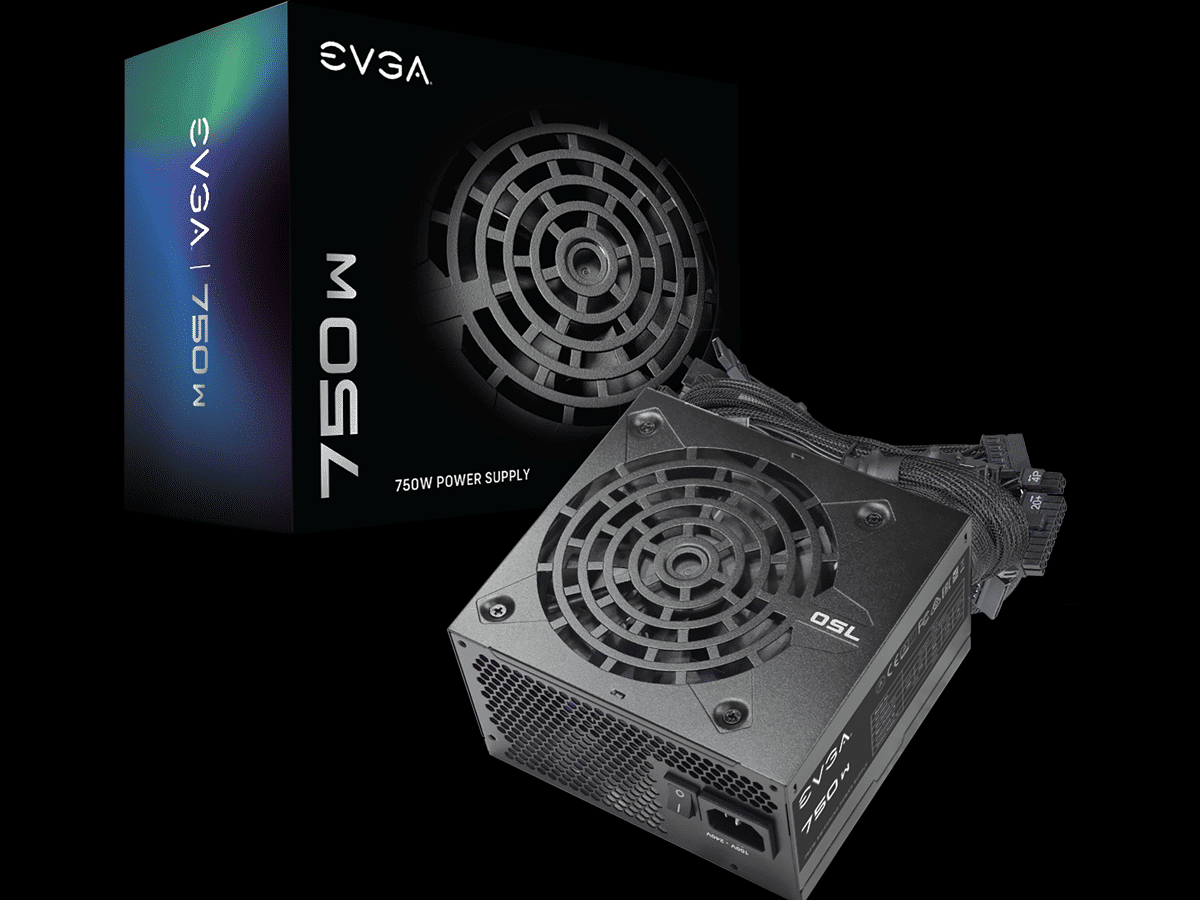- Mar 22, 2017
- 711
- 394
- 136
With the relatively new Power Supply standards coming soon for GPUs and new CPUs, at a "consumer" ATXe or whatever level, does anyone have any recommendations for purchasing a new Gold or better level power supply? I am now really only interested in Platinum or above, but advice is welcome!
I have been doing some research, and on this total forum and on others there is not much yet, besides look for the new GPU standards being supported.
I have been doing some research, and on this total forum and on others there is not much yet, besides look for the new GPU standards being supported.
Last edited:





